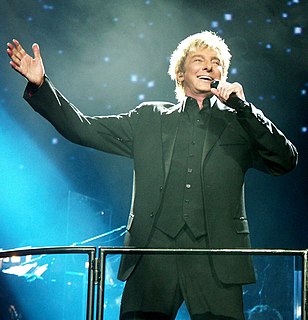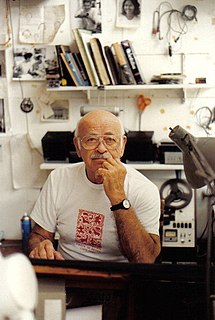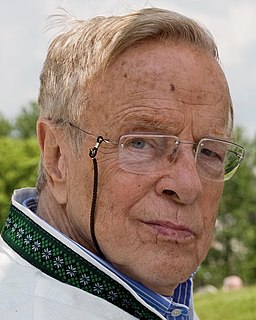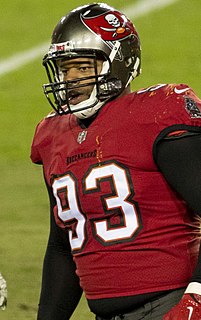A Quote by Trevor Paglen
For a time, people were getting arrested for photographing the Brooklyn Bridge. So to me, what it meant to do photography also changed. There was a new kind of politics to it - something that was very aggressive and dangerous - and a presumption that it would reveal some kind of truth or evidence.
Related Quotes
My idea of what was going on in politics was driven by activism. I came out when I was 17, and right away I started working in the AIDS activist movement. For me, politics was about getting drugs approved and getting prisoners access to the same kind of drugs that you could get on the outside. It was about getting needle exchanges approved. That was politics. These were policy problems that were killing people, and we were trying to get them changed.
If real Satanism were allowed the kind of television time that Christianity has now, the kind of drawing out and patience that interviewers give sports figures, or the kind of coverage that a baseball game gets, Christianity would be completely eliminated in a few short months. If people were allowed to see the complete, unbiased truth, even for 60 minutes, it would be too dangerous. There would be no comparison.
I don't know that there were any rules for documentary photography. As a matter of fact, I don't think the term was even very precise. So as far as I'm concerned, the kind of photography I did in the FSA was the kind of photography I still do today, because it is based on passionate concern for the human condition. That is the basis of all the work that I do.
I'm reading the Gospels at the moment and I can find no evidence of the kind of Christ people seem to have invented and created. There is no evidence of Christ, meek and mild. I can find Christ the compassionate, the gentle, but I also find a very temperamental, aggressive, passionate and often angry man a lot of the time. We will go for a man with that sort of breadth who is an enormous figure. I do believe Christ lived as a person. I don't think there is any disputing that.
Barry Crump wrote a lot of books and they were really special. They were kind of the quintessential, mild for the most part, kind of southern man, kind of the true heart of what it meant to be a Kiwi kind of farmer; very kind of outdoor man living off the land. That kind of thing, you don't see so much anymore these days with everyone being metrosexual and lattes and laptops.
First time I got arrested, I knew somehow and some way, we would succeed. To go on the Freedom Ride to be beaten and left bloody and unconscious, to be beaten on that bridge in Selma, have a concussion - I thought that I was going to die on that bridge. But somehow and some way, I lived to tell about what happened, and I've seen some of the fruits of the labor of so many people, and people must understand that.
Finding truth involves some kind of activity. As I like to point out, truth isn't handed to you on a platter. It's not something that you get at a cafeteria, where they just put it on your plate. It's a search, a quest, an investigation, a continual process of looking at and looking for evidence, trying to figure out what the evidence means.
Many people in this world do jobs that are dangerous and where their life is at risk and they feel that there is some kind of value to their job I guess that's how I feel about what I do. There is a social function to documentary photography that is very important and it requires people to take risks.
Whatever pictures are put into the world, the balance needs to be readdressed, it needs to be observed. That's why I am also really questioning what a lot of photography has done since I began. I am not saying because of me, but I mean, photographing some friends partying and publishing the pictures meant something else in '92 than it does in 2011. And I find the younger generation is not questioning this at all today.








































